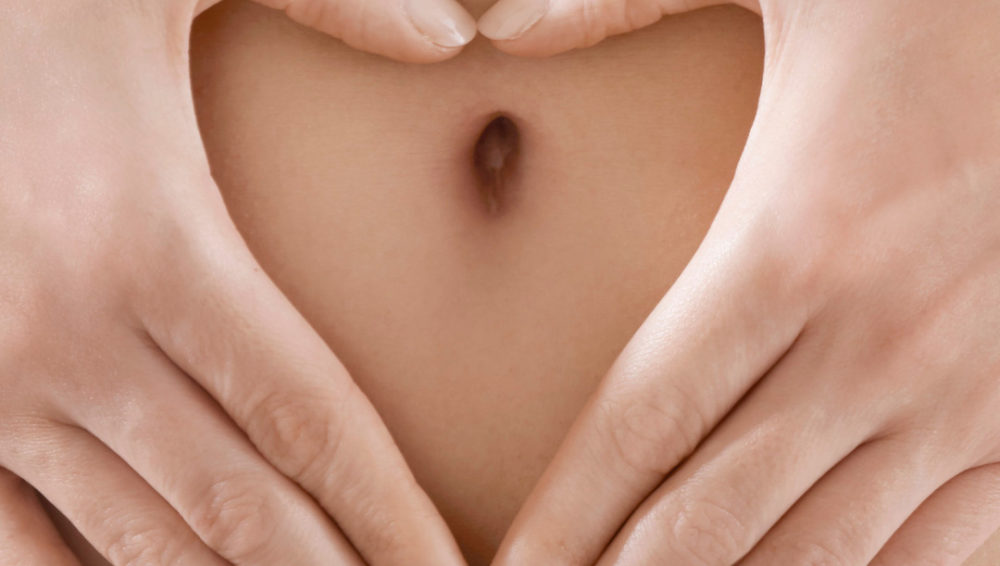How will I know I’m ovulating?
Knowing when you're ovulating isn't always as straightforward as it might seem. Learning the signs and symptoms of ovulation can offer some clarity.

Knowing when you’re ovulating isn’t always as straightforward as it might seem. Learning the signs and symptoms of ovulation can offer some clarity.
Ovulation is the moment when an egg is released from one of your ovaries and is an essential part of your menstrual cycle in the sequence of hormonal events that lead to menstruation.
Your menstrual cycle and ovulation
Your menstrual cycle, which averages about 28 days, can be divided into two parts: the follicular phase and the luteal phase. The first day of your period marks the start of the follicular phase. This phase ends with ovulation. The luteal phase kicks off after ovulation and lasts until your next period begins.
Ovulation generally occurs right in the middle of your cycle, around day 14 in a 28-day cycle, though it can vary between women and from cycle to cycle.
The role of hormones
Two key hormones play vital roles in ovulation: follicle-stimulating hormone (FSH) and luteinizing hormone (LH). Around the start of your menstrual cycle, FSH stimulates your ovaries to produce a number of small sacs called follicles, each containing an immature egg.
As your cycle progresses, one follicle typically grows larger than the rest and becomes the dominant follicle. This follicle produces estrogen, which signals your pituitary gland to release a surge of LH. The LH surge triggers the dominant follicle to release its mature egg in a process we know as ovulation.
Ovulation and conception
After the egg is released, it travels down the fallopian tube toward your uterus. If sperm are present in the fallopian tube, fertilization can occur. This is why the day of ovulation and the few days before it are considered your most fertile days.
How will I know I’m ovulating?
While some women might feel a twinge of pain when the egg is released (this is known as mittelschmerz or middle pain), many women don’t feel anything at all. Some signs you might notice include a change in cervical mucus, which can become clear and stretchy like egg whites, and a slight increase in basal body temperature after ovulation.
Ovulation predictor kits, which test your urine for the LH surge, can also be used if you’re trying to conceive.
Taking care of yourself during ovulation
During ovulation, your energy levels are often at their peak. Many women find that their endurance is higher than usual. This is a great time to engage in exercises that you enjoy and that challenge your body a bit more, such as cardio, strength training, or yoga and stretching.
Your diet during ovulation should also aim to support your overall health and provide enough energy for your increased physical activity.
Your body is a wonderfully complex system. Ovulation is a significant part of your reproductive process. Whether you’re trying to conceive or just want to understand your body better, being informed about what’s happening during ovulation can be empowering and enlightening.
Verified:
Dr. Sirichet Anekpornwattana (Fertility doctor) (2 August 2023)



